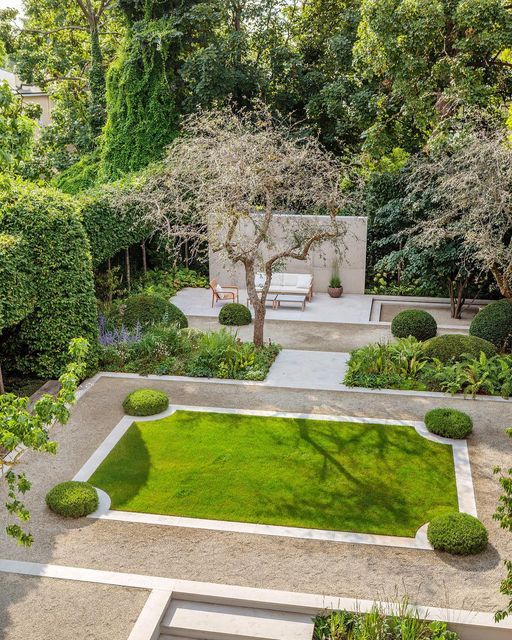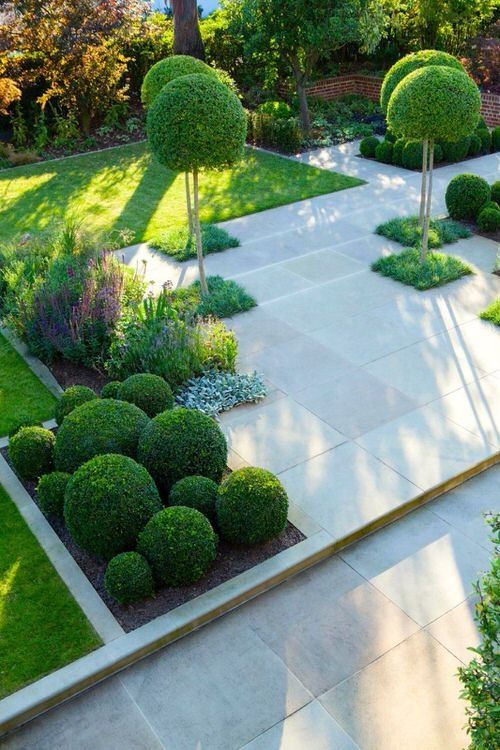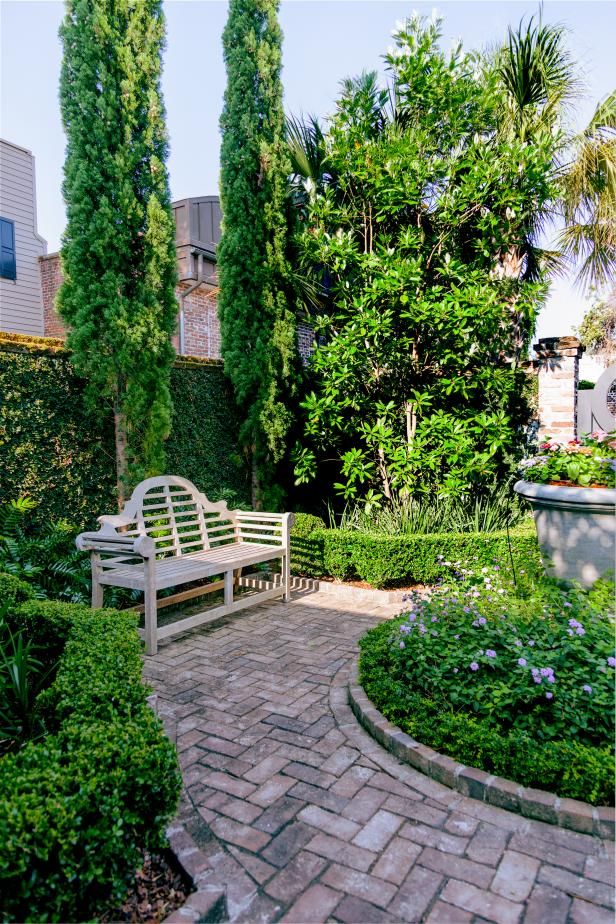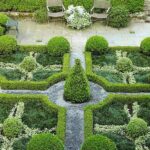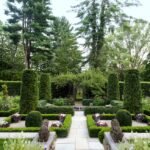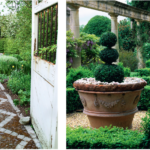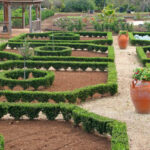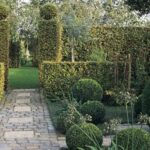Formal garden design is a popular style of landscaping that is characterized by its geometric shapes, symmetrical patterns, and structured layout. This type of garden design is often associated with classic European gardens and has been popular since the Renaissance period. Formal gardens create a sense of order and elegance, making them a popular choice for homeowners who want to create a sophisticated outdoor space.
One of the key features of formal garden design is the use of geometric shapes and straight lines. This creates a sense of structure and order in the garden, making it look neat and organized. Paths, hedges, and flower beds are often arranged in symmetrical patterns to create a sense of balance and harmony in the design. This creates a visually appealing and cohesive look that is pleasing to the eye.
Another important aspect of formal garden design is the use of ornamental elements such as statues, fountains, and topiaries. These decorative features add sophistication and visual interest to the garden, creating a sense of luxury and elegance. These elements are often placed strategically throughout the garden to create focal points and enhance the overall design.
Formal gardens also often include formal planting schemes, with carefully selected plants that are arranged in a structured manner. Typically, plants are arranged in rows or patterns to create a uniform and cohesive look. Traditional formal gardens may include plants such as boxwood, roses, and hedges, which are carefully clipped and maintained to create a neat and tidy appearance.
In addition to geometric shapes and ornamental elements, formal garden design often includes other features such as garden paths, terraces, and parterres. These elements help to create a sense of movement and flow in the garden, guiding visitors through the space and creating different areas for relaxation and enjoyment. These features add functionality to the garden while also enhancing its overall beauty and charm.
Overall, formal garden design is a timeless and elegant style that can transform any outdoor space into a sophisticated and luxurious retreat. By incorporating geometric shapes, symmetrical patterns, and ornamental elements, homeowners can create a visually stunning garden that exudes style and sophistication. Whether you have a small courtyard or a sprawling estate, formal garden design can help you achieve a polished and refined outdoor space that is sure to impress.
 yishifashion Where Outdoor Dreams Become Reality
yishifashion Where Outdoor Dreams Become Reality
